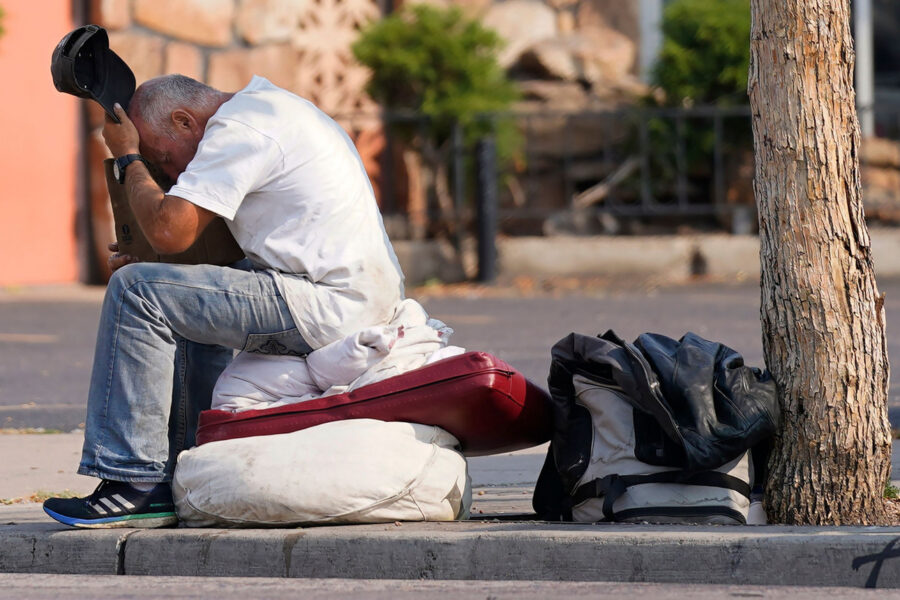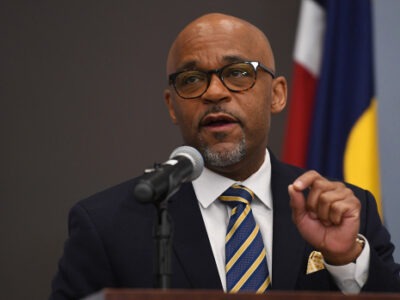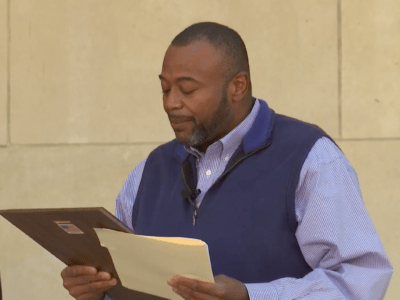
At the start of 2020, right before the Covid-19 pandemic, Rockford, Illinois was poised to eliminate homelessness.
That milestone was the result of more than five years of dedicated work to rethink how to tackle what often seems like an intractable problem, one that doesn’t just affect big cities like New York or Los Angeles. Like other mid-sized U.S. cities, Rockford had been dismayed by the numbers of the unhoused in its community and had begun several interventions to house them, including a collaboration with local eviction courts to keep those with precarious housing stable and safe. And it had seen results: It had housed all its homeless veterans, then all the people who were chronically homeless. Next, it turned to singles, youth, families.
Then came the coronavirus. With all the illness and job loss and displacement of the pandemic, with all the pressures on low-income people and the organizations that served them, the city didn’t meet its ambitious goal of ending homelessness. But it kept chipping away. It kept making progress.
“Our efforts during the pandemic didn’t start when the pandemic started. It started well before,” Mayor Thomas McNamara told POLITICO. “We had strong meaningful relations with those who are homeless and those who assist with homelessness. So when the pandemic hit and the full nature of the crisis was fully understood, our team jumped — really, dived — back in.”
Housing is about more than four walls and a roof. Along with things like food, transportation, education and domestic violence, housing is considered a “social determinant of health” — something that affects health status, health outcomes — and health costs. People who endure prolonged homelessness have high rates of multiple chronic conditions and disabilities — mental illness, substance abuse, HIV/AIDS, diabetes, heart disease and other disorders. And it’s a vicious circle; people who have those conditions are more likely to become homeless.
Cities like Rockford that are still making progress against homelessness are succeeding because they are focusing on public health as well as housing. If anyone still had doubts about the health-housing connection, the pandemic made it excruciatingly clear. People experiencing homelessness, and those living in crowded, substandard, or multi-generational settings, were more vulnerable to getting Covid, and more likely to spread it.
Read the full article here, or click the button below.




